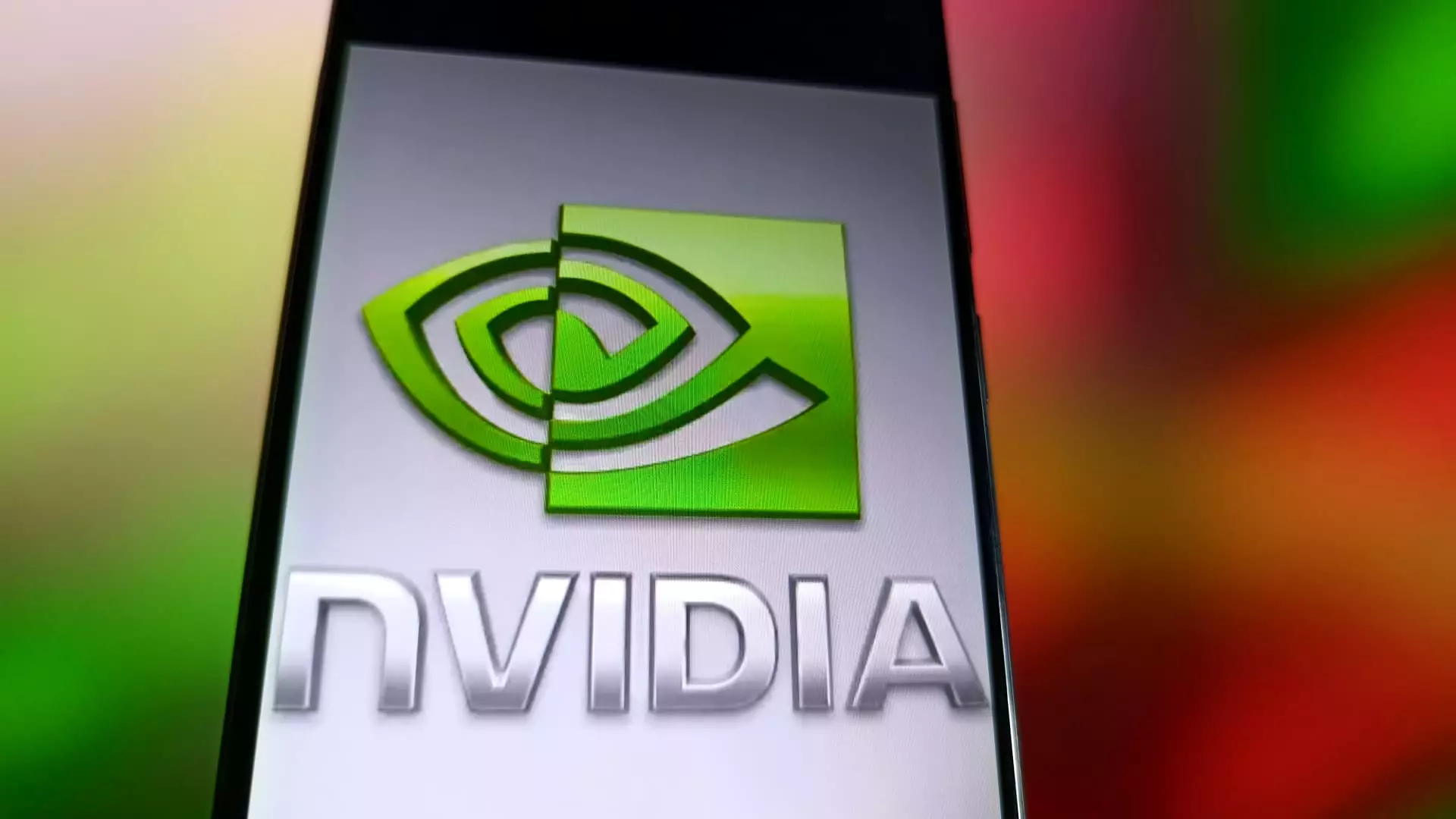Following a significant drop in Nvidia’s share price in the U.S., Asian semiconductor stocks experienced a decline on Wednesday morning. This downward trend was influenced by Nvidia’s over 9% plunge in regular trading, which triggered a sell-off in semiconductor stocks across Wall Street. The economic data released on Tuesday also contributed to the jittery sentiment about the U.S. economy, amplifying the impact on Asian markets.
The repercussions of Nvidia’s stock decline were felt in South Korea, particularly by memory chip maker SK Hynix and technology giant Samsung Electronics. Samsung’s shares tumbled by 2.6%, while SK Hynix experienced a more significant drop of over 6%, dragging down the broader Kospi index by 2.5%. The smaller Kosdaq index also took a hit, falling by 3%. SK Hynix’s close relationship with Nvidia, as a provider of high bandwidth memory chips used in AI chipsets, underscored the interconnectedness of the semiconductor industry across borders.
Impact on Direct Suppliers
Direct suppliers to Nvidia, such as Tokyo Electron and Advantest, were not immune to the fallout from Nvidia’s stock woes. Tokyo Electron witnessed a 7% decline, while Advantest saw a more substantial drop of over 8%. Similarly, Japanese investment holding company SoftBank Group, with a stake in chip designer Arm, recorded a 6% decrease in its stock price. The ripple effect extended to contract chip manufacturer Taiwan Semiconductor Manufacturing Company (TSMC), which declined by 4.3%.
The interconnected web of technology partnerships was evident in the market reactions, as companies like Hon Hai Precision Industry, widely known as Foxconn, saw a 5% decrease in their stock value. Foxconn’s strategic partnership with Nvidia highlighted the vulnerability that accompanies intertwined business relationships. These partnerships, crucial for the advancement of technology and innovation, were put under scrutiny amid the market turbulence caused by Nvidia’s market cap loss of $279 billion in the U.S.
The interconnected nature of the global semiconductor industry means that any significant event, such as Nvidia’s stock plunge, can send shockwaves throughout the market. The reactions in Asia underscored the reliance on key players like Nvidia, as well as the complex network of suppliers, partners, and stakeholders that make up the semiconductor ecosystem. As the industry navigates through these turbulent times, collaboration, resilience, and adaptability will be essential for mitigating risks and fostering sustainable growth.

